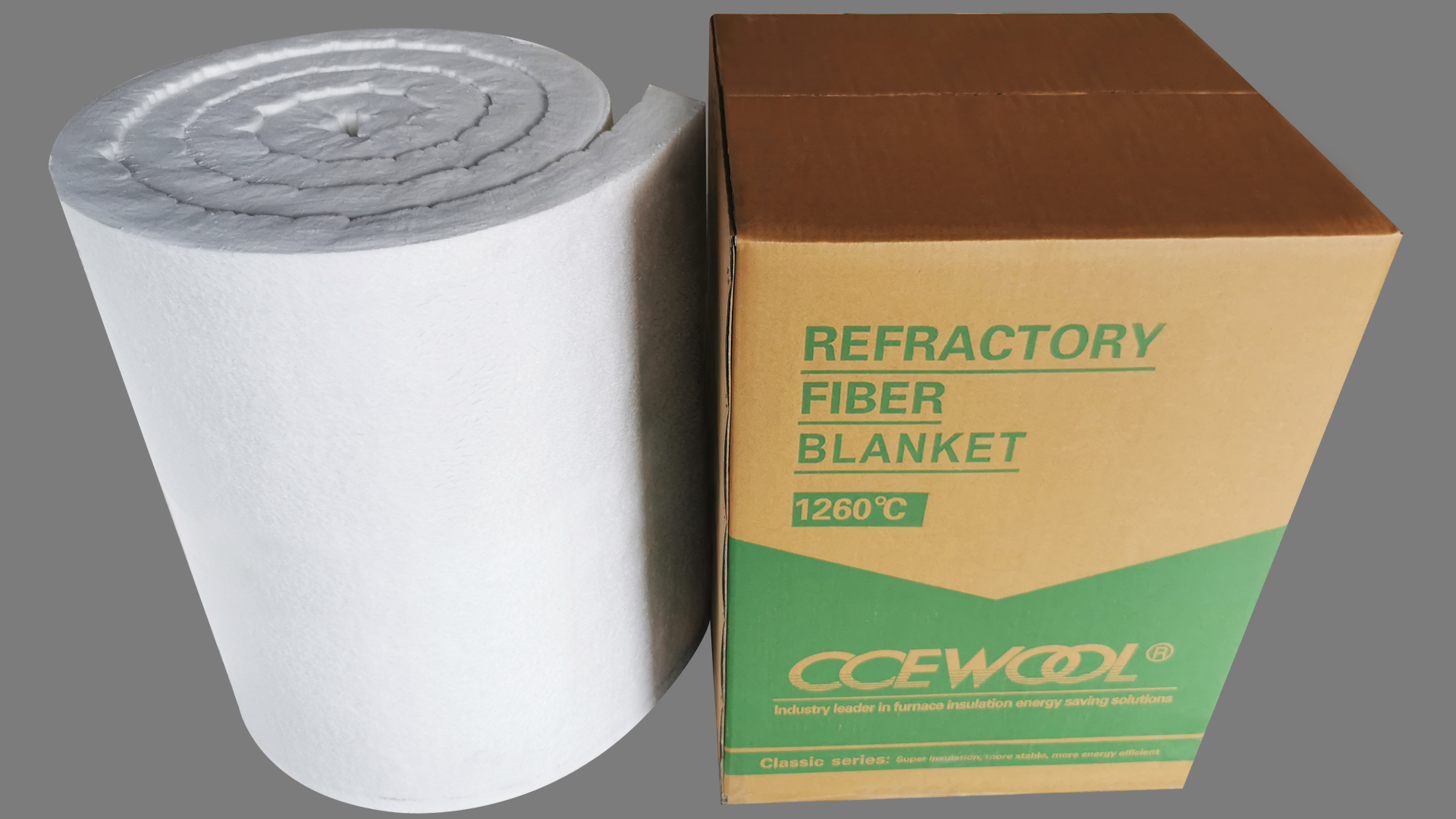What is the specific heat capacity of ceramic fiber?
- 17 Jul, 2024
- Industry

Ceramic fiber, as a high-performance insulation material, is highly favored in industrial applications. Its specific heat capacity is an important indicator for evaluating its thermal performance. Specific heat capacity refers to the amount of heat absorbed by a unit mass of a substance when the temperature rises by one degree. The specific heat capacity of ceramic fiber is approximately between 800-1100 J/kg·K, with the exact value varying depending on the type and manufacturing process.
Superior Performance of Ceramic Fiber
- Excellent High-Temperature Resistance
Ceramic fiber can stably operate in high-temperature environments ranging from 1260°C to 1430°C, making it the top choice for many high-temperature applications. Whether in metallurgy, petrochemicals, or the power industry, ceramic fiber can effectively withstand high temperatures, ensuring the safe operation of equipment. - Outstanding Insulation Effect
The low thermal conductivity of ceramic fiber provides excellent insulation effects. Compared to traditional insulation materials, ceramic fiber better reduces heat loss, improves energy utilization efficiency, and significantly lowers energy costs for enterprises. - Efficient Energy-Saving Properties
Due to its high specific heat capacity, ceramic fiber can absorb or release a large amount of heat during temperature changes, thereby maintaining temperature stability. This characteristic not only improves the thermal efficiency of equipment but also reduces the impact of temperature fluctuations on production processes. - Perfect Combination of Light Weight and Strength
Ceramic fiber is characterized by being lightweight and strong, making it easy to install and use while also being able to withstand certain mechanical stresses. Its lightweight nature reduces the burden on equipment structures, making it more flexible and convenient in industrial applications. - Environmental Protection and Safety
Ceramic fiber does not contain harmful substances such as asbestos. It is non-toxic and harmless during use, meeting environmental protection and safety standards. Additionally, its excellent fire resistance effectively prevents the spread of fire, providing higher safety guarantees for industrial production.
CCEWOOL® Ceramic Fiber: Quality Assurance, Trustworthy
As a leading brand in the field of ceramic fiber, CCEWOOL® is committed to providing customers with high-quality ceramic fiber products. Our products undergo strict quality control and testing to ensure that each roll of ceramic fiber blanket achieves optimal performance, meeting the needs of various industrial applications.
- Various Specifications for Flexible Applications
CCEWOOL® ceramic fiber offers a variety of specifications and models to meet the diverse needs of different customers. Whether high-temperature insulation, heat preservation, or fire prevention is required, we can provide the most suitable solutions. - Custom Services, Tailored Solutions
In addition to standard products, we can also customize ceramic fiber products with special specifications and performances according to customer-specific requirements. We always prioritize customer needs, providing the highest quality service. - Global Logistics, Rapid Response
CCEWOOL® has a comprehensive logistics system worldwide, enabling a quick response to customer demands and ensuring timely delivery of products. No matter where the customer is located, we can provide reliable product and service support.
The specific heat capacity of ceramic fiber is just one of its many superior properties. With its excellent performance and wide application prospects, ceramic fiber is undoubtedly an essential material in modern industry. Choosing CCEWOOL® ceramic fiber means opting for efficient, energy-saving, and safe solutions.



